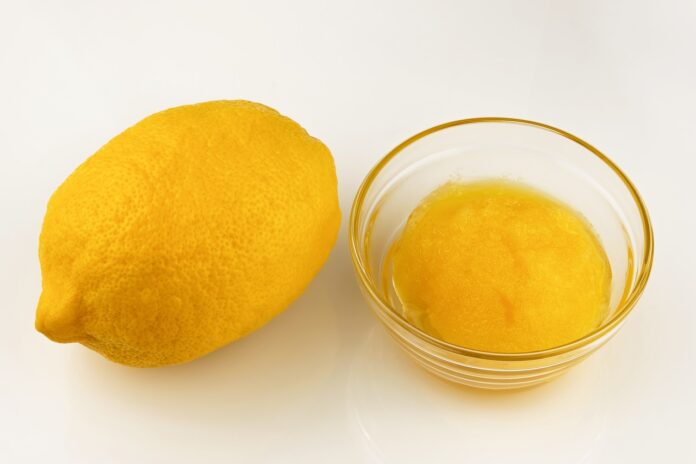Citric acid is a naturally occurring organic acid found primarily in citrus fruits like lemons, limes, and oranges. It is a versatile compound, widely used in both the food and non-food industries due to its unique properties such as its sour taste, preservative qualities, and ability to act as a chelating agent. Below are the main uses of citric acid:
1. Food and Beverage Industry
Citric acid is most commonly used as a flavoring agent and preservative in the food and beverage industry. Its sharp, tangy flavor enhances the taste of soft drinks, candies, jams, jellies, and processed foods. Additionally, its acidic nature acts as a preservative by lowering the pH level, which helps inhibit the growth of bacteria and prolongs shelf life.
- Preservative: Used in packaged foods to maintain freshness.
- Flavor Enhancer: Adds a sour flavor to sodas, candies, and snacks.
- pH Regulator: Maintains acidity in sauces, jams, and dairy products.
2. Pharmaceuticals
Citric acid is an important ingredient in many pharmaceuticals. It helps improve the stability and effectiveness of medications and is used to adjust the pH level in medicinal formulations. For example, it is commonly found in effervescent tablets (like Alka-Seltzer) and in vitamin C supplements.
- Effervescent Tablets: Creates a fizzy reaction when combined with sodium bicarbonate and water.
- Antioxidant: Prevents oxidation in medications and vitamins.
- pH Buffer: Helps balance acidity levels in various medicinal products.
3. Cleaning Products
Citric acid is an eco-friendly cleaning agent often found in household cleaners. It has excellent descaling properties, making it useful for removing soap scum, hard water stains, and mineral deposits from surfaces. Its non-toxic and biodegradable nature makes it a safer alternative to harsh chemicals like bleach or ammonia.
- Descaler: Dissolves limescale and hard water deposits in kettles, dishwashers, and coffee machines.
- General Cleaner: Used in eco-friendly surface cleaners to eliminate grime and grease.
- Antimicrobial: Works as a mild disinfectant in some cleaning solutions.
Interesting Facts about Citric Acid
- First Isolated in 1784: Swedish chemist Carl Wilhelm Scheele was the first to isolate citric acid from lemon juice in 1784. This discovery paved the way for its commercial production centuries later.
- Mass Production Through Fermentation: Although it was initially derived from citrus fruits, citric acid is now primarily produced through the fermentation of the fungus Aspergillus niger. This method, developed in the early 20th century, is more cost-effective and scalable.
- Culinary Incident: During World War I, there was a shortage of lemons and other citrus fruits in Europe, leading to a temporary scarcity of citric acid for food preservation and medicine. This shortage led scientists to accelerate the search for alternative production methods, resulting in the industrial fermentation process still used today.
- Unusual Use in Forensics: Citric acid is sometimes used in forensic science to recover fingerprints from metallic surfaces. Its mild acidic nature can help enhance the contrast between the fingerprint residue and the metal.
- Health Myth: Despite its wide use, some people mistakenly believe that citric acid from non-natural sources (like fermentation) is harmful. However, there is no significant difference in chemical composition between natural and industrially produced citric acid, making it safe for consumption.
- Explosive Incident: In 2011, a major soft drink manufacturer had to recall a batch of beverages due to an unexpected chemical reaction between citric acid and certain additives, which led to an over-pressurization of cans. While no injuries were reported, the incident highlighted the need for careful formulation in food production.
- Medical Study Discovery: A 2020 study found that citric acid could have potential benefits in preventing the formation of kidney stones. It helps bind calcium in urine, reducing the likelihood of stone formation.
